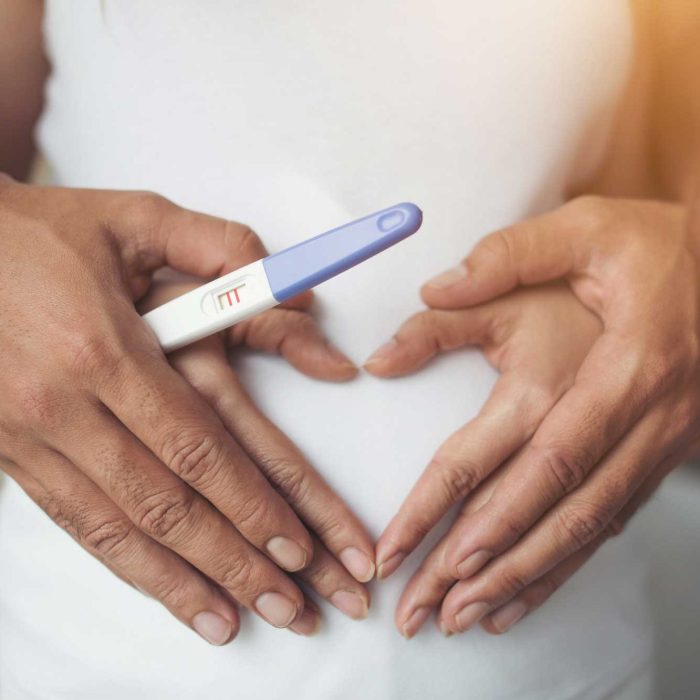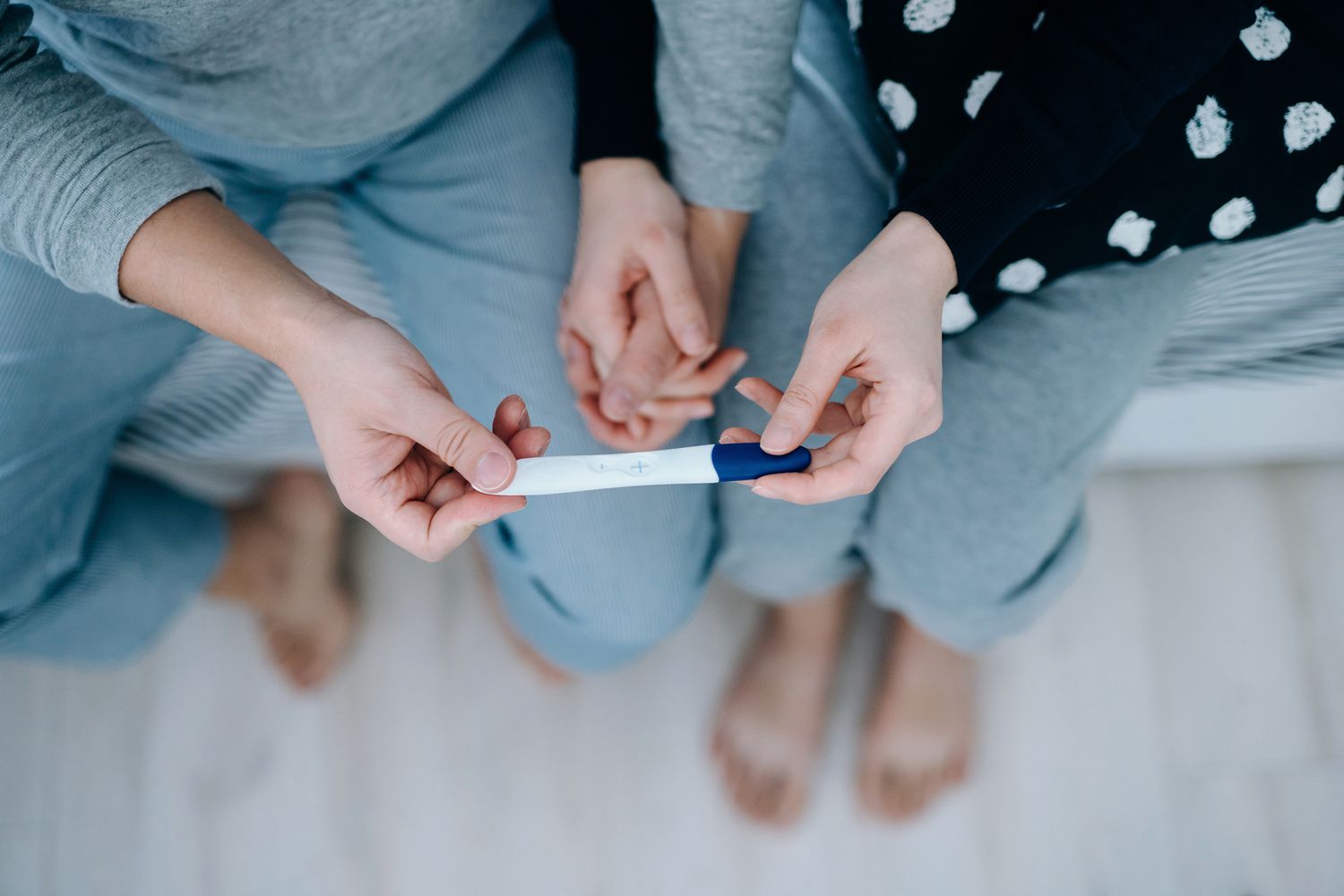Female fertility
A Complex Process
Female fertility is a complex process influenced by various factors, including age, overall health, and lifestyle. Understanding the basics of female fertility can help women make informed decisions about their reproductive health.
Common Causes of Female Infertility:
To book medical and tourism tours, contact us now.

What is Female fertility?
Female fertility is a complex interplay of hormonal, anatomical, and lifestyle factors. Understanding the basics of female fertility can help women make informed decisions about their reproductive health.
Infertility Symptoms
While infertility itself is the primary symptom, other signs may include:
- Irregular or absent periods: Changes in your menstrual cycle can be a sign of underlying fertility issues.
- Painful periods: Severe menstrual cramps or pelvic pain can sometimes indicate fertility problems.
- Difficulty getting pregnant: If you've been trying to conceive for over a year without success, it's important to consult with a healthcare provider.

Common Causes of Female Infertility:
- Ovulation Disorders: Problems with ovulation, such as irregular or absent periods, can hinder fertility.
- Fallopian Tube Damage: Blocked or damaged fallopian tubes can prevent the egg from reaching the uterus.
- Endometriosis: A condition where tissue similar to the uterine lining grows outside the uterus.
- Uterine Fibroids: Noncancerous growths in the uterus that can affect fertility.
- Age: As women age, their fertility naturally declines.
Infertility Treatment:
The treatment for female infertility depends on the underlying cause. Some common treatments include:
- Medication: Fertility drugs can help stimulate ovulation or regulate hormone levels.
- Surgery: Surgical procedures may be necessary to correct physical issues like blocked fallopian tubes or uterine fibroids.
- Assisted Reproductive Technology (ART): Techniques like in vitro fertilization (IVF) can help couples conceive.


